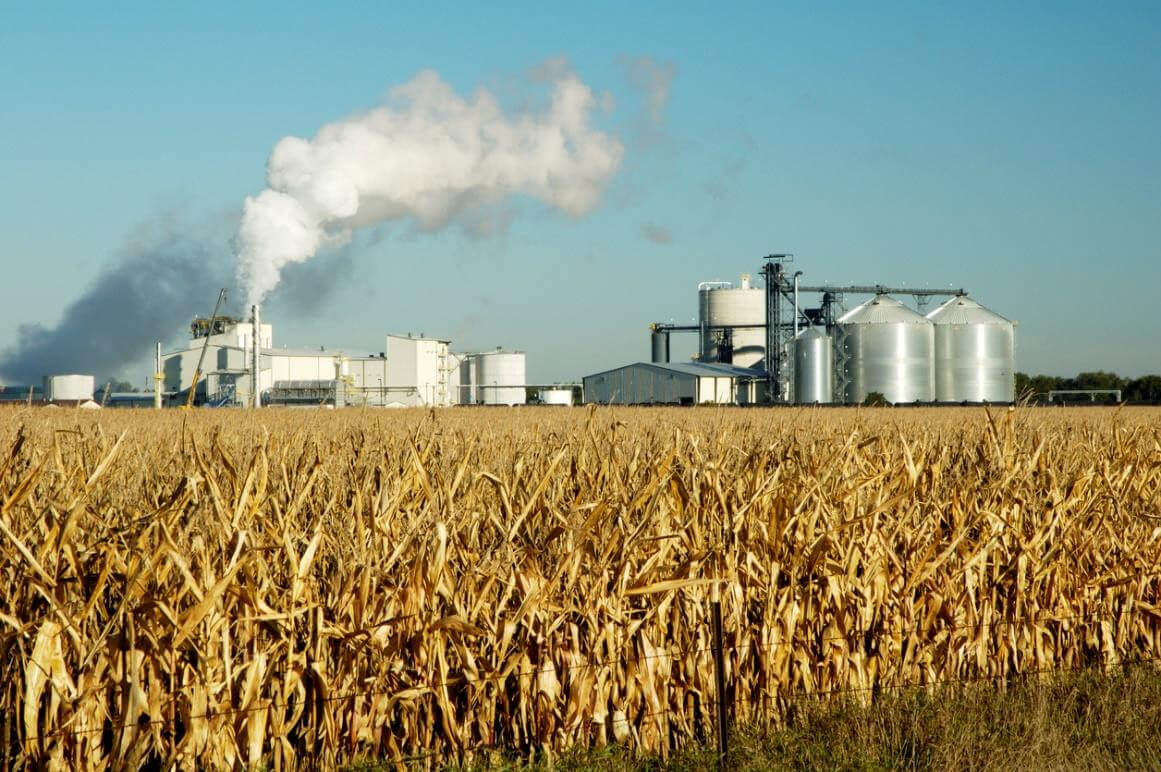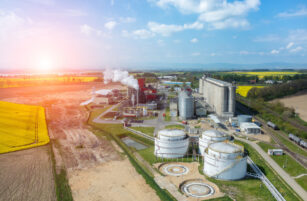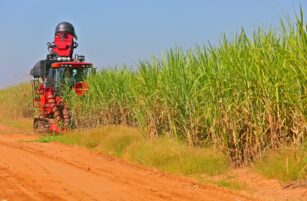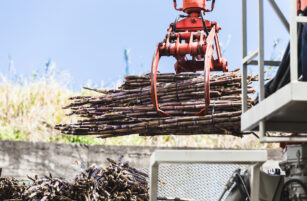Insight Focus
The ethanol industry in Asia is expanding. India has taken the early lead through increased production and new plants, and thanks to its established agricultural sector. But other countries like South Korea, Malaysia and China are also advancing in sustainable biofuels.
The ethanol industry is rapidly expanding across Asia, with new plants and plans coming into play. India seems to be the country leading the charge.
While market sources predict the Asian fuel ethanol market is predicted to be stable in 2025, growing demand and the adoption of ethanol-friendly policies suggest movement to the upside for producers and their customers.
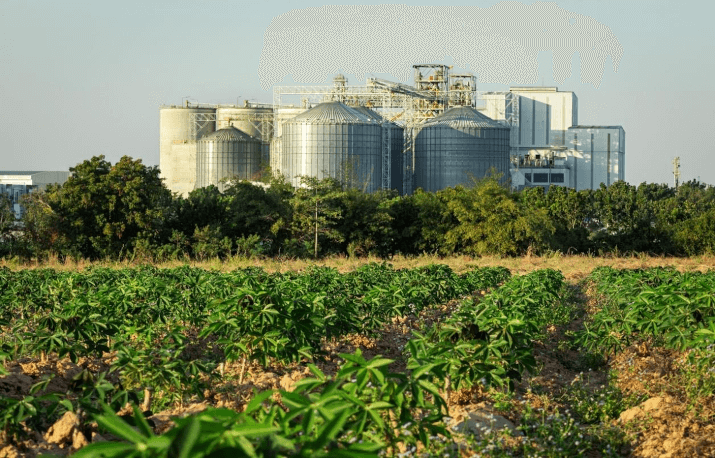
Agro-processing and manufacturing plant, Thailand
India Leads Way in Ethanol Expansion
As mentioned, ethanol activity in India is on the upsurge. Oil marketing companies have kicked off the year by issuing their tenders for ethanol to source 880 million litres for the fourth quarter of the 2024/2025 season that ends in November. Sources report that terms of the tender favour cooperative sugar mills as ethanol suppliers.
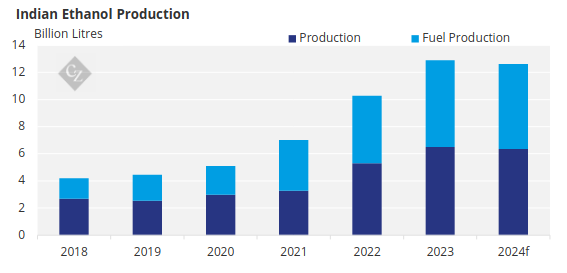
Source: USDA
India’s Bihar state is reportedly expecting to see nine new ethanol plants brought online by 2026, bringing 50,000 jobs to the region and supporting both sugarcane and corn farmers who will supply feedstocks.
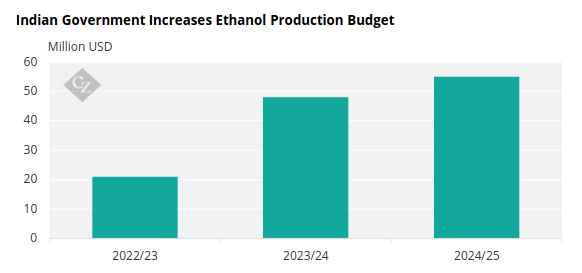
Source: USDA
Spray Engineering Devices Limited announced recently its partnership with Jakson Greene on India’s first 4G ethanol plant. The project will use LanzaTech’s gas fermentation technology to convert captured carbon dioxide and green hydrogen into sustainable biofuel.
On the policy side, the Indian government is starting to grade corn seed for “ethanol content”, building on a sugarcane model for variety selection. In the next few years, the Indian Institute for Maize Research is expected to develop a maize variety capable of 41-42% ethanol recovery.
News sources report Assam Bio Ethanol has developed a comprehensive supply chain model to source bamboo from 18 districts for its bamboo-based ethanol plant. Bamboo will be chopped into 1 square inch chips that will be delivered to the plant.
Elsewhere in Asia
In South Korea, SK Energy has successfully exported Sustainable Aviation Fuel (SAF) to Europe, marking a first for a Korean refiner. The milestone comes just four months after the company commenced commercial production.

Elsewhere, Comstock Fuels and Gresham’s Eastern, a sustainable energy engineering, equipment and construction company based in Pakistan, has signed a binding agreement. Under the agreement, Comstock Fuels grants Gresham’s Eastern exclusive project and site development rights in Pakistan. This will enable Gresham’s to deploy Comstock Fuels’ proprietary and patented lignocellulosic biomass refining technologies to produce SAF and other renewable fuels in Pakistan.
In Malaysia, Samsung EA secured a contract for a biorefinery that will have the capacity to produce SAF and other biofuels to cater to the growing demands of the global aviation and transportation industries.
In China, sources report that 12 flights from four different airports have already joined the first phase of the country’s roll out of SAF. Currently, the country produces about 350,000 tonnes per year, mostly from used cooking oil. The country plans to expand production ten-fold in the coming years, aiming for a 15% SAF blending mandate by 2030.
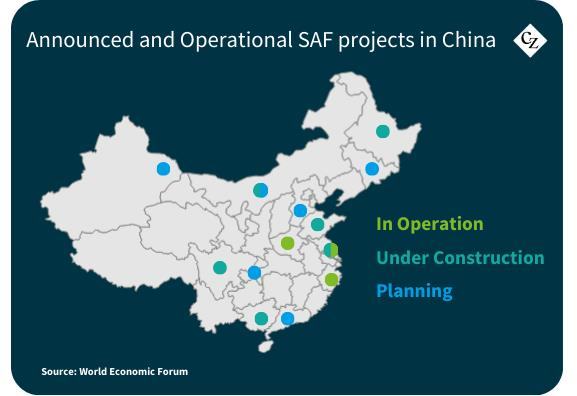
Market sources are expecting US fuel ethanol to continue to find its way into the Philippine market in 2025. The Philippines recently announced it will allow 20% blending.
US ethanol prices are expected to strengthen in 2025, perhaps lending support to Asian prices and therefore driving more production.
